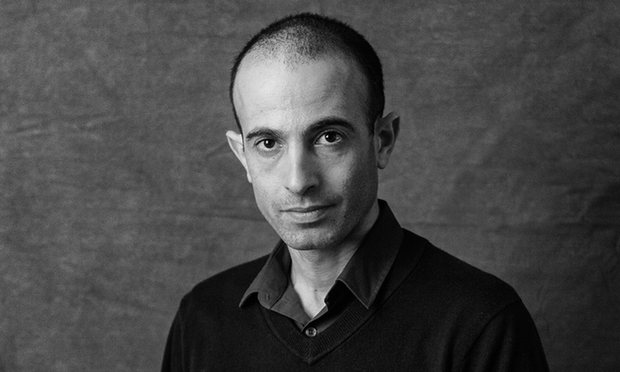August 2014 | eplumeblog

Ce film raconte l’histoire de Aaron Swartz, programmeur de génie et activiste de l’information. Depuis l’aide qu’il a apportée au développement de RSS, l’un des protocoles à la base d’Internet, à la co-fondation de Reddit, son empreinte est partout sur Internet.
Mais c’est le travail révolutionnaire de Swartz autour des questions de justice sociale et d’organisation politique, combiné à son approche sans concession de l’accès à l’information pour tous, qui l’a pris au piège dans un cauchemar juridique de deux années. Cette bataille s’est terminée par son suicide à 26 ans.
L’histoire d’Aaron touche une corde sensible chez des personnes même éloignées des communautés online parmi lesquelles il était une célébrité. Ce film est une histoire personnelle à propos de ce que nous perdons lorsque nous restons sourds à la technologie et à ses relations à nos libertés civiles.
Un film de Brian Knappenberger – Luminant Media
http://www.takepart.com/internets-own…
https://www.kickstarter.com/projects/…
Creative Commons Attribution-NonCommercial-ShareAlike 3.0
————-
Sous-titrage français par @dbourrion, @symac, @btreguier, @loopiloop
à partir de la plateforme Amara
http://www.amara.org/fr/videos/5Mo4oA…










